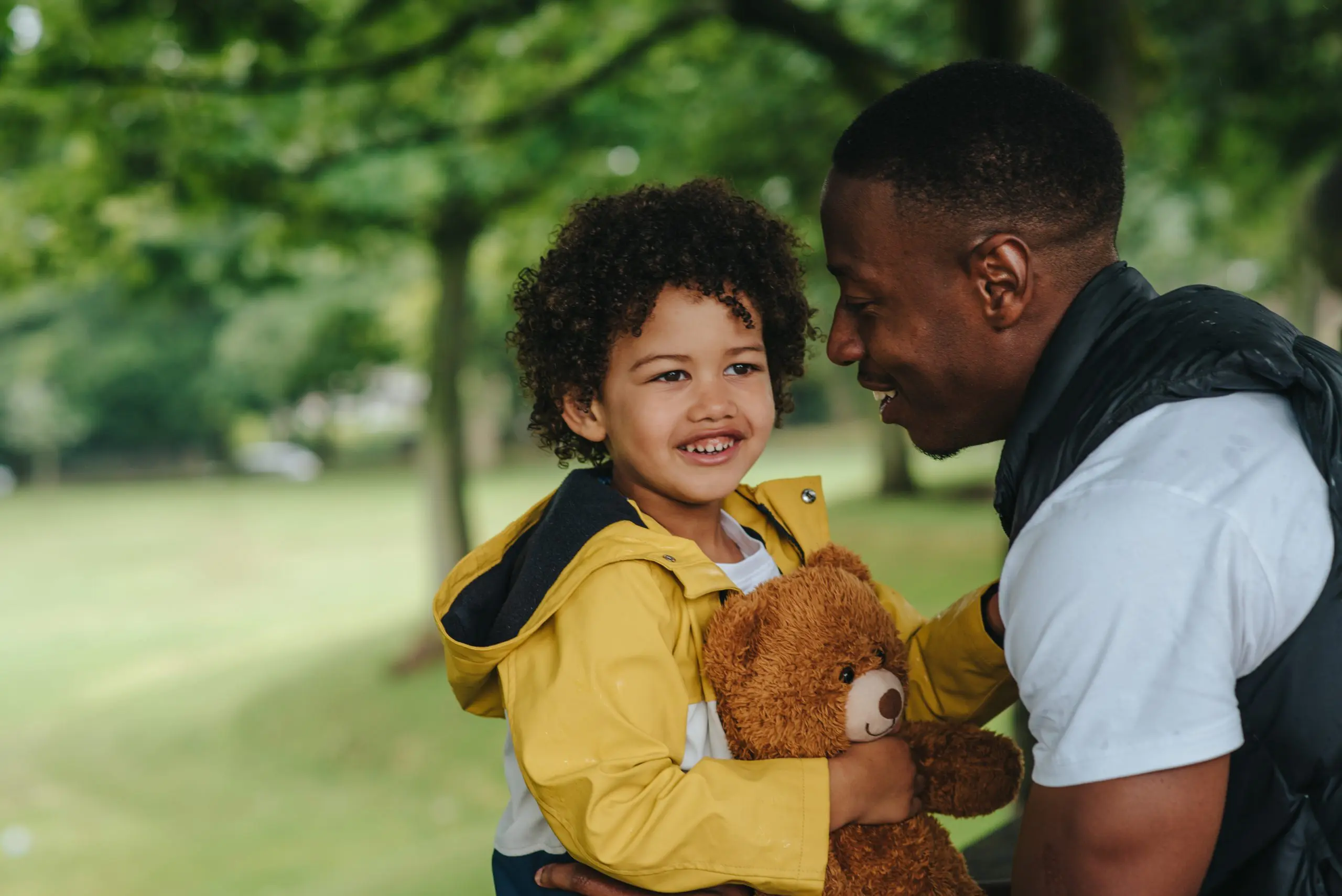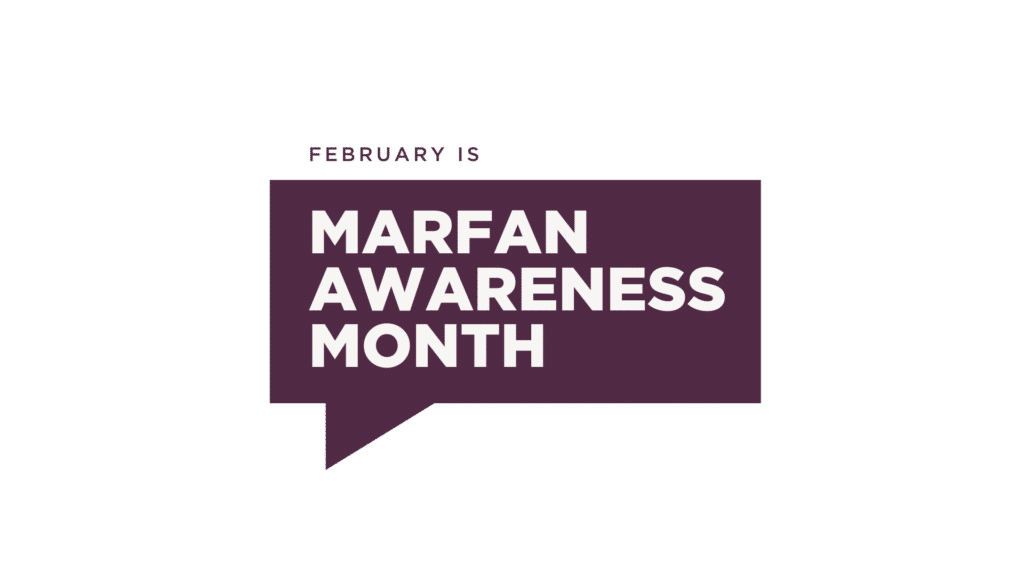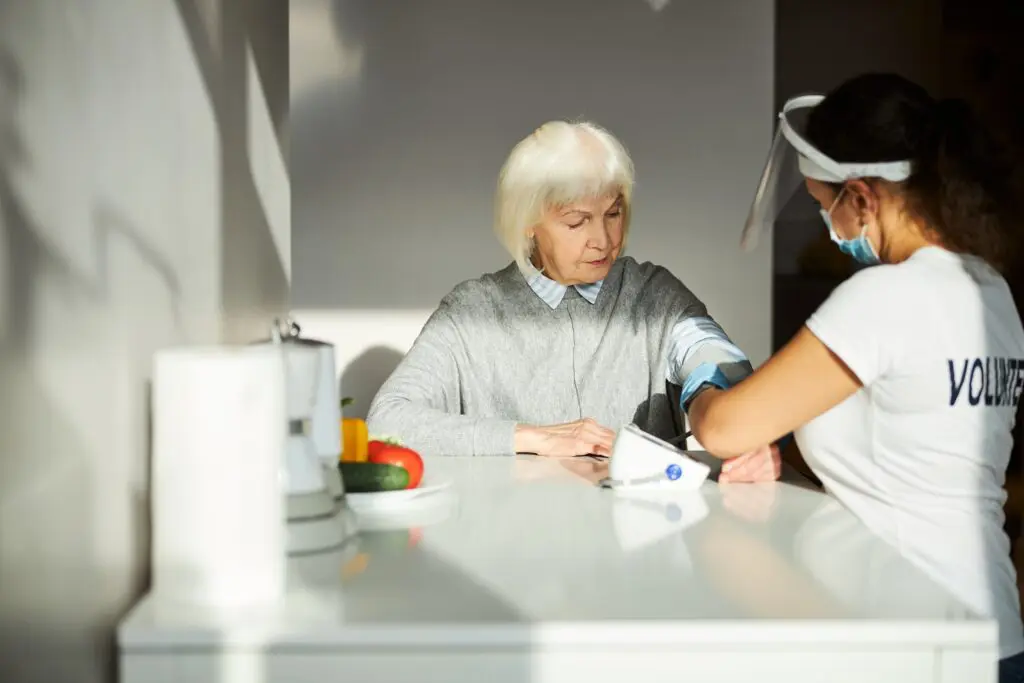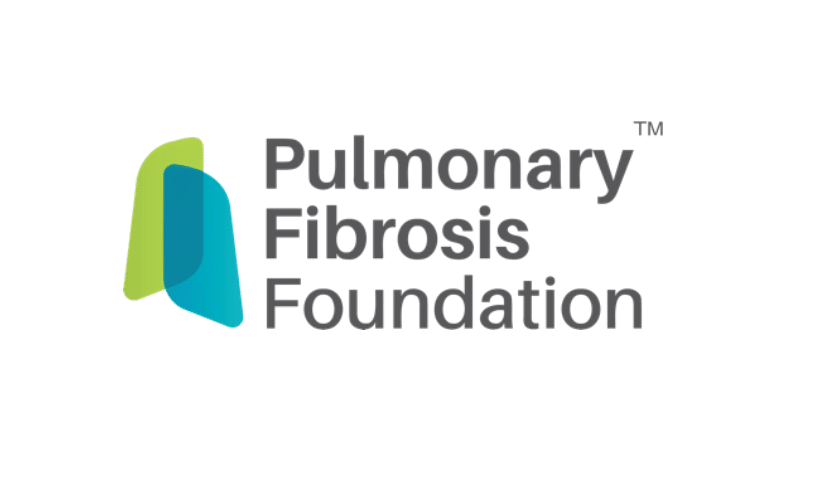

Guest Blog: Recognize Culture, Community, and Connection this BIPOC Mental Health
By Allissa Torres, Director of Mental Health Equity, Mental Health America
July is formally recognized as Bebe Moore Campbell National Minority Mental Health Awareness Month, also known as BIPOC Mental Health Month. To honor the legacy of Bebe Moore Campbell and her fellow activists, each year Mental Health America curates a campaign and toolkit in support of Black, Indigenous, (and) People of color (BIPOC) mental health. This year’s theme is Culture, Community, & Connection, which highlights the importance of social and cultural bonds in BIPOC communities. These concepts are foundational pillars in the well-being of BIPOC individuals and their communities and are correlated with positive mental health outcomes, such as feelings of belonging and pride in one’s self and community.
Our lives are deeply intertwined with the environments around us. Who and what surrounds us impacts our mental health and overall wellness. In particular, BIPOC populations are faced with disproportionate amounts of historical trauma and displacement that have challenged the way these communities remain sustainable and continue to thrive. Despite countless attempts to take away power, erase histories, and diminish future successes, BIPOC communities continue to prosper. The pillars of culture, community, and connection support and uplift BIPOC individuals when the dangers of oppression and systemic racism threaten the environments where BIPOC individuals live, work, play, and thrive.
Historically, the conversation around mental health has excluded BIPOC communities, and many within the mental health field’s origins, as well as providers of the present day, have been active oppressors. Even in today’s narratives and systems, the oppressive roots of the field appear close by. Stories and statistics center trauma and pain over cultural strengths and ancestral wisdom. BIPOC individuals still face significantly higher rates of suicide while also being less likely to seek help in systems that lack the cultural responsiveness to properly serve them. We must reckon with these roots, act with reparations, and work to build systems that not only include BIPOC community members but are led by and centered in them. It is not enough to speak of awareness each July. We must act to better this field and reconcile with the communities we have let down.
BIPOC communities throughout history have carved out systems of support in order to sustain collective well-being. These systems have centered around community and connection, deeply rooted in sustained cultural traditions, language, stories, food, art, and more. Community has been an anchor, allowing connection in a world that is seeking to ostracize and isolate. It is the power of community that has brought forth movements and social change, health and wellness, knowledge, and strength.
When we reach out for help, we not only begin to heal ourselves, but we heal our communities. If trauma and displacement are illnesses, then connection is medicine. Connection allows us to be known and to know others. We can lean on one another. We can support each other and get support in return. We challenge each other to be better. We challenge each other to keep going.
Mental Health America’s 2023 BIPOC Mental Health Toolkit provides free, practical resources, including information about how an individual’s culture and community impact their mental health, tips for community advocacy, and ways to build connections with others. Download, learn from, and share factsheets, worksheets, resources, sample messages, sample images, posters, and more.
Mental Health America is committed to closing the mental health equity gap and providing individuals with the tools they need to support themselves and their communities. We stand in solidarity with BIPOC communities and hope that this toolkit can be a resource to educate, uplift, and inspire.
Mental Health America is a member of the National Health Council. For more information on NHC membership, please email membership@nhcouncil.org.


